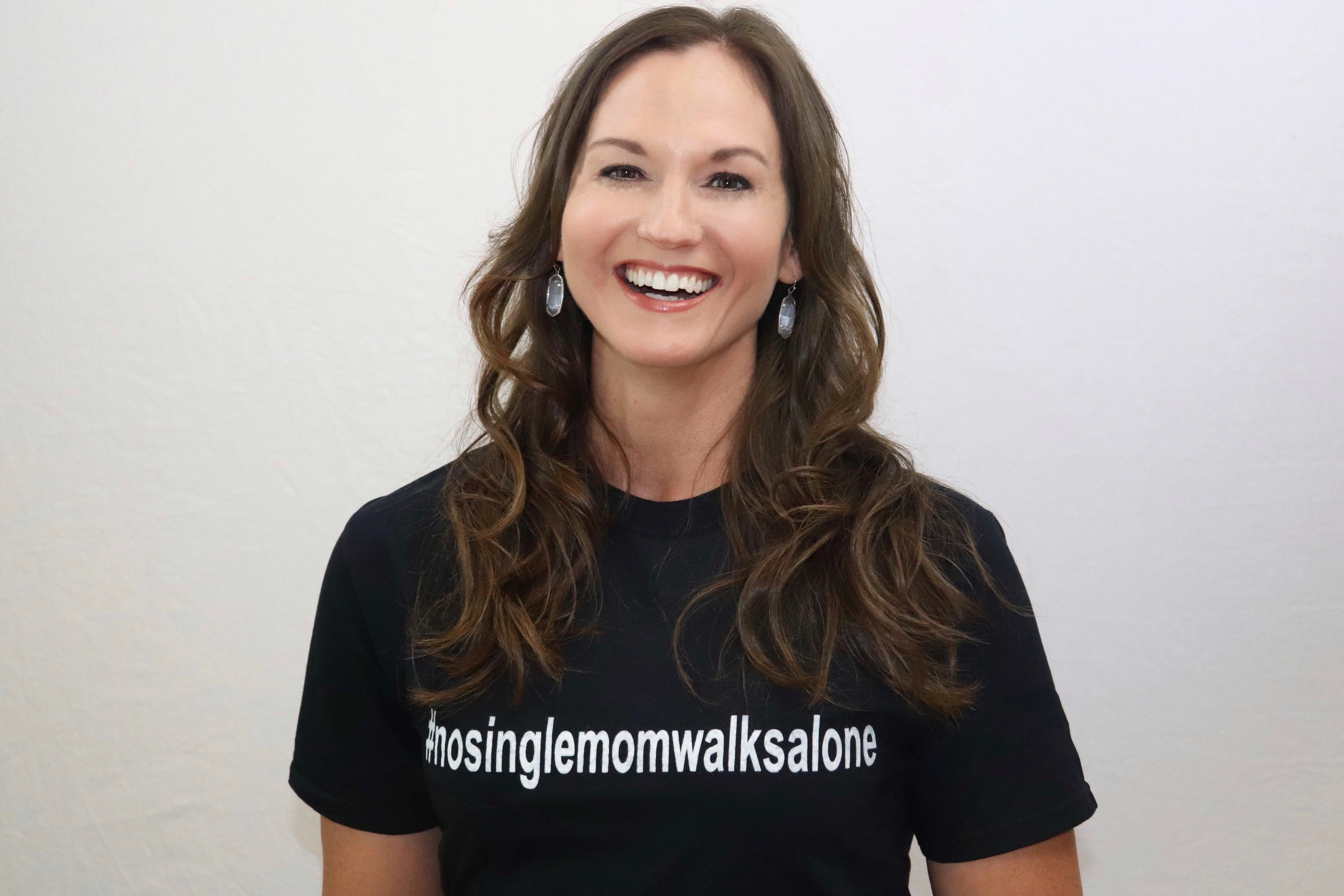Originally published Wednesday, 06 November 2019.
5 Things That Hurt & Help a Grieving Friend
By: Jennifer Maggio

Before I was even born, my dad lost his 17-year old son to heart disease. Less than three years later, he lost my mother in a tragic car accident when I was only a few months old. As you can imagine, the grief cut deep, and its after-effects left for years of poor decision-making and looking for answers in all the wrong places. Now, into my adult years, I have wondered many times how my dad’s life would have been different had he had a good Christian mentor to pour into him during that time of grieving.
Few will escape life without our fair share of personal grief. Grief is a funny thing. It sneaks up on you, sometimes even years later, as you learn to cope with the new “normal” of loss. The way we are handled by friends and family during the weeks, months and even years after a loss is critical to our healing and sometimes even how we view our Heavenly Father. If you have a friend or family member who is currently grieving, there are five things that can hurt a grieving friend:
- Your need to “fix” them. It is not our role to fix anyone. We will not have the perfect words that will magically heal them overnight. The grieving process takes time. It is during this time that we, as friends and supporters, must relinquish our need to somehow make it all better. We cannot make their loss disappear. They must grieve in a way that is healthy and unique to them.
- Your need to speak. I’m a talker. And the truth is, there have been far too many incidents of me blabbering on and on when the wisest thing was to be silent. This is a time when silence is okay. It is okay to simply sit in a room with your grieving friend and let them be. Maybe that time is filled with silent tears streaming down their face. Maybe it is filled with staring out a window, trying to make sense of the loss. Silence is okay. Sometimes, our words do more damage than good.
- Your criticism about their process. Their grieving process is unique. Yes, there are commonalities among those who have experienced loss, but even in those grieving steps, there is uniqueness. It is important that we don’t push them through their process too quickly or criticize how they are handling each step of the process. Normal grieving can include denial, anger, and ultimately healing. Don’t be critical if they don’t say the right thing during this time.
- Your need to compare their process to others. Their process is their own. It may look different than how you handled the loss of your mother. It is important that you allow your friend to grieve without comparing their experience to yours or others. Personality types and varying life experiences can drastically impact one’s ability to process grief and loss
- Your need to reference God’s will. Listen, even the most devout of Christians can go through a mourning period that leaves them questioning God. It doesn’t mean their faith is forever lost. It means they are processing the loss. Imagine if your son was killed in a motorcycle accident. Put yourself in their shoes. Would it empower and encourage you during such a tragic loss, if someone referenced to you how it was God’s will for it to happen? Would such a statement cause you to draw close to the Lord? A healthier alternative may be to give your friend a card with an encouraging Scripture regarding the Lord’s promise to be close to the brokenhearted.
While there are some things that are important to avoid when helping friends during a grieving process, there are also several things you can do. These five things can help a grieving friend:
1. Listen. Listen to them, scream and cry and shout and wail. Listen to them ramble about childhood stories or memories they have of their loved ones. Listen even to the silence that may come. You do not have to have the perfect words. You simply need to be present and be willing to listen.
2. Be present. Don’t talk. Don’t fix. Don’t recite Scripture. Just be. Be present in the moment with your friend. Grieve with them. Let them know they aren’t walking this journey alone. There is power in simply being present for a hurting loved one.
3. Serve. Service can vary widely based on needs. Some examples of service can include grocery shopping, babysitting, handling kid’s homework or carpool responsibilities, assisting with funeral arrangements, cleaning, organizing, lawn care, and meal prep. Be conscious of their need for these services beyond the first few days following the loss. It is widely known that after the funeral transpires, the real grieving begins.
4. Long-term care. Set a reminder on your calendar to reach out. A text or phone call is helpful, as are cards and letters. Beyond those simple gestures, things like prepping meals that can be placed in the freezer and easily heated later or paying for lawn care for an extended period of time may be small ways that can impact big results. Let them know you haven’t forgotten their loss and you are in it for the long haul.
5. Pray. You don’t even have to let them know you are praying. Simply do it. Add them to your regular time for the Lord. Pray for them the exact same way you would want someone to pray for you if you had experienced the same loss. Pray with intention, purpose, and passion. Commit to praying for specific needs for your loved one, as he/she navigates this new season without their loved one.
The Lord can and will use you mightily during this time. You can be used as a vessel that brings hope and healing to your loved ones who are already Believers and be a light to those who don’t yet know the Lord. Be reminded that you are the very reason this Scripture can be true in someone’s life:
The Lord is close to the brokenhearted;
he rescues those whose spirits are crushed. Psalm 34:18 (NLT)









